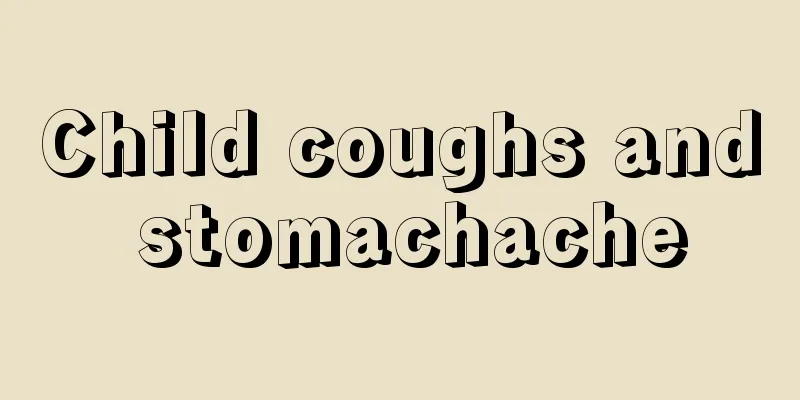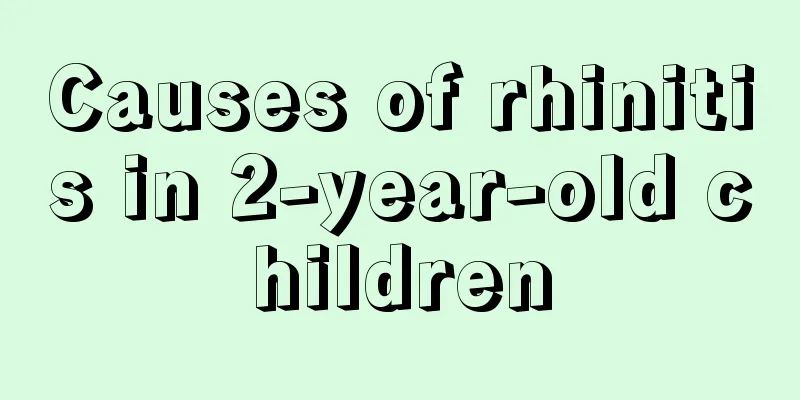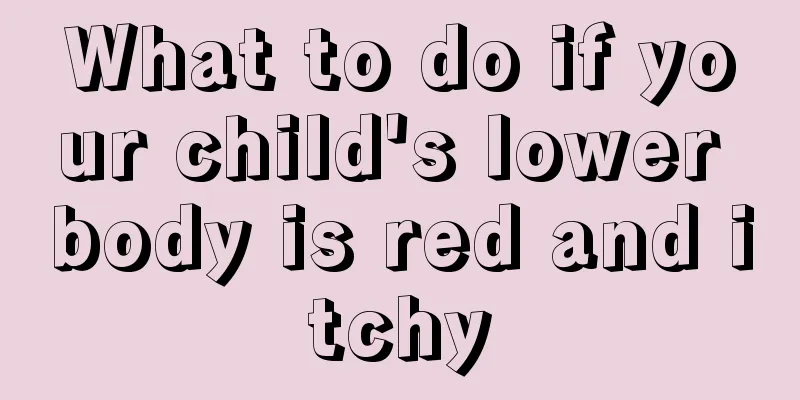One and a half years old early education

|
Many parents want to give their babies early education after they are one and a half years old. This is to make them better adapt to the teaching environment and to speed up their intellectual development. This can be of great help for the baby to go to kindergarten in the future. However, parents must pay attention to the combination of work and rest during early education and not to rush, so as not to put a psychological burden on the baby. Early childhood education methods Early education is not simply finding a teacher to give children lessons and impose extra training on them. Parents should "put emotion first" and "focus on nurturing and combine it with education". They should spend at least one hour a day communicating with their children and interact well with them in life and games. Experts point out that babies are capable learners from the moment they are born, and parents should pay attention to and cultivate their physical, emotional, cognitive, and social activities abilities. Teaching students in accordance with their aptitude Early education requires understanding the physiological and psychological characteristics of children of different ages, and providing relevant education in accordance with the children's development laws. It needs to be gradual and must not be rushed. Too early early education development can only increase parents' expectations of their children and add unnecessary pressure on the children's future development. Therefore, it is recommended that parents carefully choose the early education model for their children. Develop your baby's diversified intelligence! Safety should be the first priority During early education, parents or teachers should put safety first. Safety risks should not be ignored in order to achieve a certain course objective. The most effective age groups for early childhood education are as follows: Six months after birth is a critical age for babies to learn to chew and feed dry food. After one month of feeding dry food, they can reach out and grab things. After this critical age, babies may refuse to chew and spit out food from their mouths. Nine months to one year after birth is the time when children begin to distinguish between quantity and size. 2 to 3 years old is the first critical age for learning oral language and also the critical age for counting development. 2.5 to 3.5 years old is the critical age for teaching children to be well-behaved. They should be taught to develop good hygiene habits and the habit of abiding by a schedule. Before the age of 4 is a critical age for the development of visual image. 4 to 5 years old is a critical period for starting to learn written language. Around 5 years old is the critical age for mastering mathematical concepts and is also the second critical period for children's oral language development. 5 to 6 years old is a critical period for mastering language vocabulary skills. |
<<: Can a one-year-old baby eat vinegar?
>>: One-year-old baby suddenly cried in the middle of the night
Recommend
At what age is it better to have hernia surgery for children?
Hernia problems in children generally require spe...
How to judge baby's indigestion
Children are the treasures of the family, and the...
How to teach children with autism
Children with autism are different from normal ch...
When is the best time for a child’s brain to develop?
Newborn babies sleep a lot every day and are very...
What are the dangers of picky eating in children
For children, their bodies are in the process of ...
Newborn baby always tries to hold back his red face
A baby is the source of happiness for a family an...
How to prevent and detect bronchitis in children
Childhood bronchitis is a disease that many child...
Height standards and nutritional supplements for infants and young children aged 0-3
The birth of a child is a great joy for a family,...
What are the causes and treatments for hiccups in children?
Sometimes we all burp when we eat too fast or dri...
How to prevent babies from getting sick after six months?
Feeding a baby is a careful task, because the bab...
What to do if your child has a stuffy and runny nose
Runny nose is a common phenomenon in many people,...
How to treat polio?
Polio is a well-known disease. Another name for t...
Will children's molars change?
Many children will grind their teeth during their...
What should I do if my child has itchy testicles?
For children, because their organs are not fully ...
What causes pain in the left lower abdomen in children?
Once a child has abdominal pain, parents often pa...









